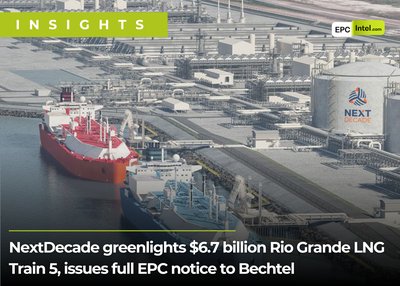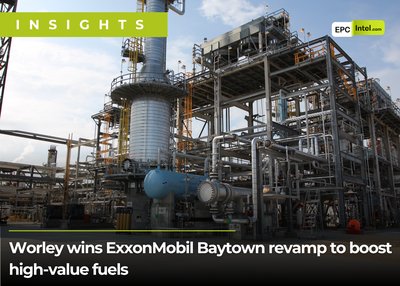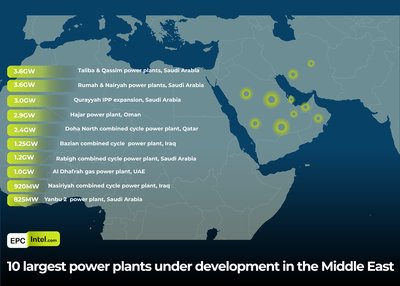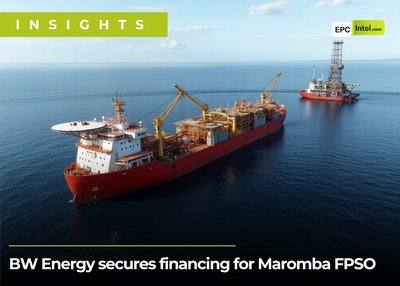TotalEnergies, Basra Oil Company and QatarEnergy launch construction of $10 billion Gas Growth Integrated Project in Iraq
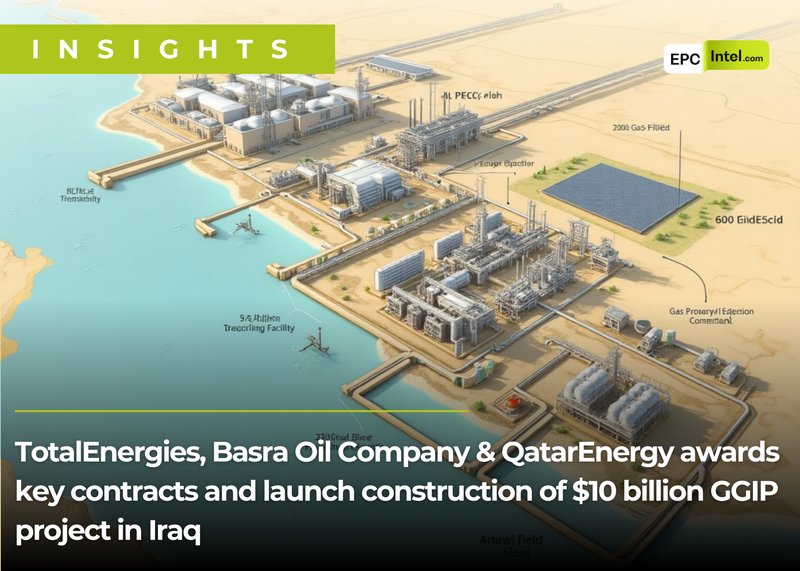
Iraq has taken a major step forward in its $10 billion Gas Growth Integrated Project (GGIP) at the Artawi field in Basra with the award of three flagship EPC contracts covering water injection, oil and gas processing, and gas capture.
Joint venture structure
The GGIP is led by a consortium of TotalEnergies (45%), Basra Oil Company (30%) and QatarEnergy (25%). A Joint Operating Agreement signed in Baghdad confirms TotalEnergies as the lead operator. Prime Minister Mohammed Shia al-Sudani presided over the ceremony, calling for swift implementation of the agreements to bolster Iraq’s energy security and investment climate.
Seawater treatment facility
South Korea’s Hyundai Engineering & Construction secured the contract for a 7.5 million barrels per day seawater treatment facility. The plant will supply treated seawater for reinjection across southern oil fields to maintain reservoir pressure, a vital enabler of long-term production. EPCIntel.com benchmarks place such megaprojects in the USD 4 to 5 billion range, with marine intake systems, treatment modules, pipelines and pump stations offering major subcontracting opportunities.
Central oil and gas processing
Turkey’s ENKA will deliver the central processing facility at Artawi, designed to produce 210,000 barrels per day of oil, 163 million cubic feet per day of gas and 240,000 barrels per day of injection water. The facility incorporates zero-flaring technology to minimize environmental impact. EPC value is estimated at USD 2 to 3 billion, with significant scope across separation units, compression, utilities and flare recovery systems.
Gas processing plant
China Petroleum Engineering & Construction Corporation (CPECC) has been tasked with developing a gas processing plant to capture and treat up to 600 MMcf/d of associated gas in two phases. This contract, worth an estimated USD 2 billion, is critical to Iraq’s plan to reduce flaring and supply power plants with domestic gas instead of imports. Key packages include gas compression, cryogenic treatment, and sulphur recovery units.
Renewables and integration
Alongside these EPC awards, Prime Minister Sudani highlighted the GGIP’s 1,000 MW solar power project, expected to begin delivering electricity to the grid next year. This underscores the integrated nature of GGIP, which combines oil redevelopment at Artawi, gas capture from seven fields, seawater injection, and renewable generation under one umbrella.
Capital allocation
Based on EPCIntel.com database, the indicative distribution of GGIP’s USD 10 billion project cost is:
- Seawater treatment plant: 40–45 percent, USD 4–5 billion
- Oil and gas central processing facility: 20–25 percent, USD 2–3 billion
- Gas processing plant: 20 percent, USD 2 billion
- Solar power plant and supporting infrastructure: 10–15 percent, USD 1–1.5 billion
Strategic impact
The GGIP represents Iraq’s most ambitious integrated energy initiative in decades. By combining upstream redevelopment with gas monetization and renewables, the project is designed to increase oil recovery, eliminate flaring, and boost domestic power supply.
For EPC contractors, the scale of opportunity is substantial. Hyundai secures one of the world’s largest water treatment scopes, ENKA expands its Middle East oil and gas footprint, and CPECC consolidates its role in gas monetization. Subcontracting opportunities across fabrication, civil works, equipment supply and commissioning will cascade through the supply chain as work accelerates in 2025.
